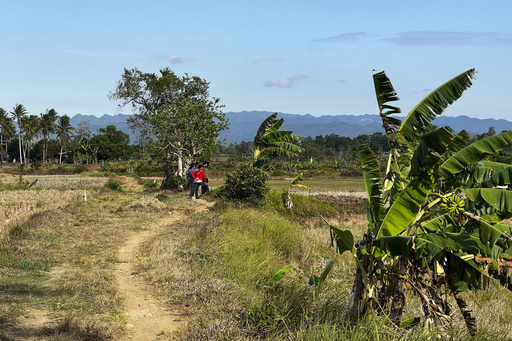In Mindanao, Philippines, a 28-year-old farmer named Joemar Flores is grateful for his family’s farmland, which provides food and income. When heavy rains and winds destroyed his rice crop in 2022, Flores faced financial ruin. However, his local cooperative had an emergency fund supported by an innovative form of insurance. This insurance, called parametric insurance, pays out based on predetermined weather conditions, such as rainfall and wind speed, measured by satellites. There is no need for on-site inspections, paperwork, or long waiting periods. When the conditions trigger a payment threshold, recipients are informed within days, and money is deposited quickly into their accounts.
Parametric insurance facilitates rapid payouts after disasters, allowing for swift recovery. While it may not offer complete protection and can have limitations, it has gained popularity due to advancements in satellite technology and data processing. These policies spread risk and are particularly beneficial in vulnerable regions lacking traditional insurance coverage.
Parametric insurance has been utilized in various countries, including the Philippines, to address climate-related risks. In the Philippines, where the impact of climate change is severe, parametric insurance is helping farmers and cooperatives recover from natural disasters like typhoons and droughts. The government of the Philippines, in partnership with the Asian Development Bank, is working on implementing parametric insurance for urban areas to enhance disaster resilience.
One such cooperative, CLIMBS, collaborated with IBISA to introduce parametric insurance to its members, primarily farmers in rural areas. Since its launch in 2021, the insurance has expanded to cover thousands of farmers across multiple provinces in the Philippines. The policies have played a crucial role in assisting farmers in rebuilding after calamities, such as the severe typhoon in 2022.
Joel Diccion, a farmer who experienced crop and property damage from a natural disaster, later joined a cooperative offering parametric insurance for future protection. He recognizes the increasing threats posed by climate change and values the security provided by the innovative insurance product. The adoption of parametric insurance signifies a step towards improved disaster coverage and resilience, especially in regions vulnerable to climate change impacts.
